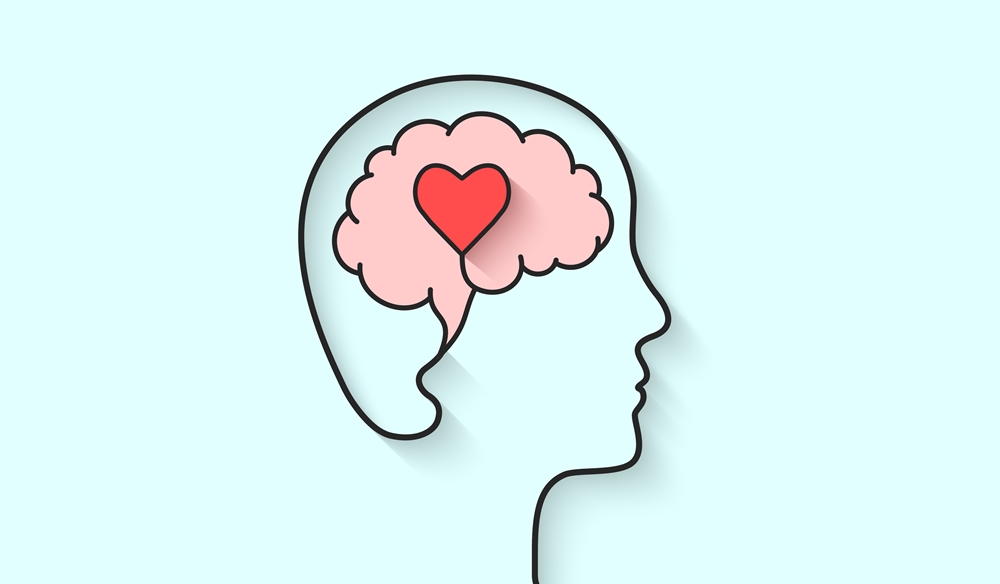In today’s fast-paced and often overwhelming world, emotional health has become more crucial than ever. While physical health is often prioritized, emotional well-being is just as important in leading a fulfilled and meaningful life. Emotional health refers to the ability to understand, manage, and express one’s emotions in a healthy and balanced way. It influences how we think, feel, and interact with others, impacting our overall well-being.
Understanding Emotional Health
Emotional health encompasses how we perceive, cope with, and navigate emotions in a variety of circumstances. It’s not about avoiding negative emotions, but rather learning how to deal with them effectively. Emotional health involves self-awareness, emotional regulation, and resilience. It means acknowledging your feelings—whether happiness, anger, sadness, or fear—and responding to them in a way that promotes well-being, both for yourself and those around you.
Emotional health isn’t something that can be achieved overnight. It’s a lifelong journey that requires practice, patience, and effort. When emotional health is strong, individuals tend to experience greater happiness, better relationships, and an improved quality of life. On the contrary, poor emotional health can lead to anxiety, depression, and a range of physical health issues.
Key Elements of Emotional Health
- Self-awareness
The foundation of emotional health is self-awareness. This involves understanding your emotions and how they affect your thoughts and actions. It’s important to recognize emotional triggers, so you can respond to challenging situations more thoughtfully. Self-awareness also leads to better decision-making and the ability to assess whether you’re managing emotions in a healthy way. - Emotional Regulation
Emotional regulation is the ability to manage and control emotional responses to situations. This means not letting anger or frustration drive impulsive decisions or actions. It involves finding healthy outlets for emotions—such as journaling, physical activity, or talking things out with a trusted person. The ability to self-regulate also helps in maintaining calm and clear thinking in stressful situations. - Resilience
Life is full of challenges, and resilience is the ability to bounce back from adversity. Emotionally healthy individuals are better equipped to handle setbacks, disappointments, and hardships. Rather than getting overwhelmed by life’s inevitable struggles, they use these experiences as opportunities for growth and self-discovery. - Positive Relationships
Emotional health is closely tied to the relationships we have with others. Healthy, supportive relationships are key to managing stress and building emotional resilience. Having people to turn to during difficult times and being able to express oneself in a loving, Healthy habits here, empathetic environment can significantly enhance emotional well-being. - Self-compassion
Being kind to oneself is an often-overlooked aspect of emotional health. Self-compassion involves recognizing that it’s okay to not be perfect and accepting your flaws without judgment. It also means offering yourself comfort and understanding during difficult times, much like you would do for a friend. Cultivating self-compassion can reduce feelings of anxiety, shame, and self-criticism, all of which are detrimental to emotional well-being.
Benefits of Good Emotional Health
- Improved Mental Health
Good emotional health directly contributes to better mental health by reducing the risk of developing mood disorders like depression and anxiety. When emotional health is nurtured, you’re more likely to cope effectively with stress and avoid emotional burnout. - Physical Health
Emotions have a powerful impact on the body. Chronic stress, for example, can lead to physical issues like headaches, digestive problems, and even heart disease. By managing emotions, especially stress, you not only improve your mental health but also boost your immune system and overall physical well-being. - Enhanced Relationships
Emotional health leads to better communication, empathy, and understanding within relationships. People with good emotional health are more likely to engage in positive interactions with others, fostering trust and closeness. By expressing emotions in a healthy way and responding to others’ emotions with empathy, relationships become more fulfilling. - Better Decision-Making
When you’re emotionally healthy, you’re able to think clearly and make decisions that align with your values. You are less likely to act impulsively or make choices based on fleeting emotions. Emotional clarity allows for more rational, thoughtful decisions in all areas of life.
Cultivating Emotional Health
Taking steps to nurture emotional health is essential for leading a balanced and fulfilling life. Here are some practical tips:
- Practice mindfulness and meditation
These techniques help improve self-awareness and emotional regulation by encouraging you to be present in the moment and observe your thoughts and feelings without judgment. - Engage in regular physical activity
Exercise has been shown to reduce stress, improve mood, and boost overall emotional health. It releases endorphins, which are natural mood enhancers, and provides an outlet for pent-up emotions. - Seek professional help when needed
There’s no shame in seeking support from a therapist or counselor when emotional health becomes challenging to manage. Professional guidance can help provide tools for coping with difficult emotions and navigating life’s challenges. - Foster supportive relationships
Surround yourself with positive, understanding people who encourage and support your emotional well-being. Engaging in meaningful conversations and sharing experiences can create a sense of connection and reduce feelings of isolation. - Prioritize self-care
Taking time for yourself is essential for emotional health. Engage in activities that bring you joy, such as hobbies, spending time in nature, or practicing relaxation techniques. By caring for your emotional needs, you’ll be better equipped to handle life’s ups and downs.
Conclusion
Emotional health is a vital component of overall well-being. It affects how we feel, think, and act, influencing every area of our lives. By understanding and nurturing emotional health, we can lead more balanced, fulfilling lives and build stronger, more positive relationships with others. Remember, emotional health is a journey, not a destination. With ongoing self-awareness, emotional regulation, and resilience, anyone can cultivate emotional health and lead a life that is both mentally and physically rewarding.



